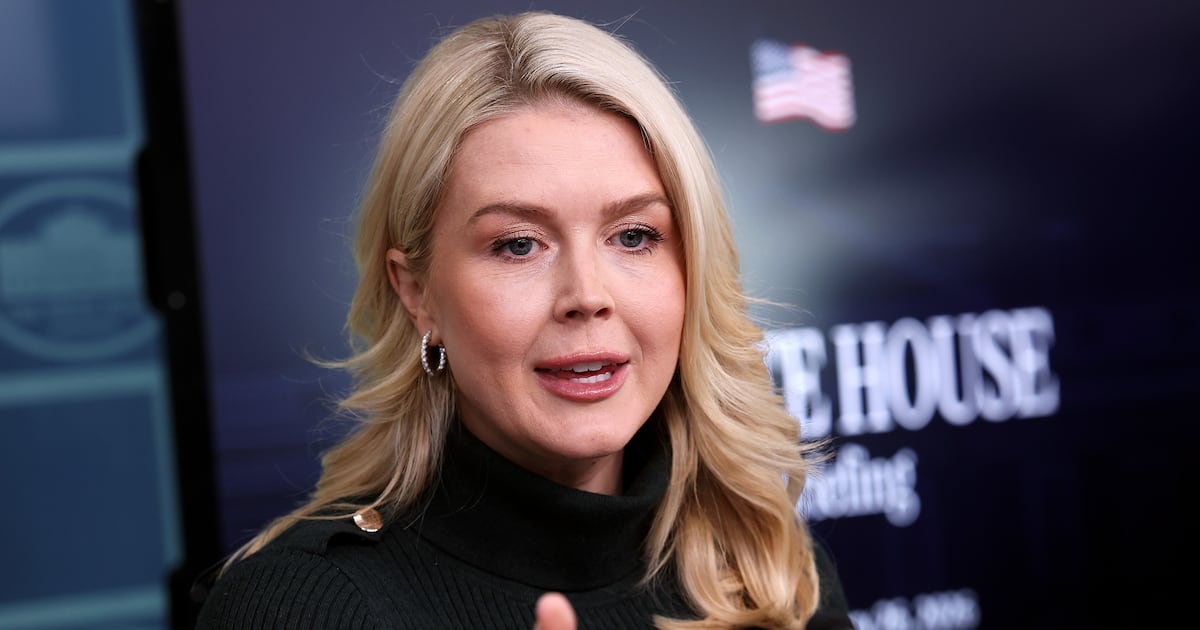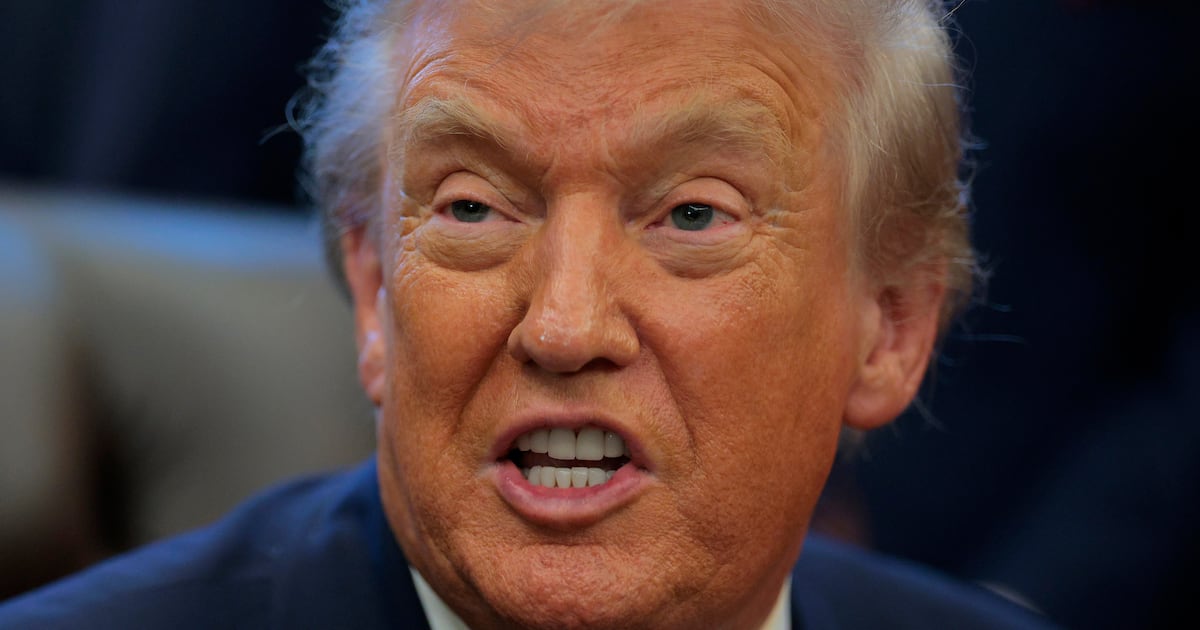Two main characters in the real-life drama of Bridgegate will not be required to comply with legislative subpoenas ordering them to hand over documents, a judge ruled on Wednesday afternoon. The decision may render the joint legislative committee investigating the lane closures obsolete.

Bridget Anne Kelly, Gov. Chris Christie’s former deputy chief of staff, and Bill Stepien, Christie’s former campaign manager and a one-time would-be chairman of the New Jersey Republican Party, made the rare argument that in their case, turning over documents would be testimonial in nature and thus would violate their Fifth Amendment rights against self-incrimination.
The New Jersey Superior Court judge, Mary C. Jacobson, “wade[ed] into these muddy doctrinal waters” and ultimately sided with Kelly and Stepien.
In early September 2013, right around the first day of school, two of three access lanes to the George Washington Bridge—one of the busiest bridges in the world—were mysteriously closed for what would later be vaguely described as a “traffic study.”
The severe traffic jams that ensued wrought chaos in and around the Hudson River town of Fort Lee. School buses were delayed; people called 911; emergency medical workers were allegedly forced at one point to abandon their gridlocked ambulance to respond to an incident on foot.
Almost immediately, there was speculation that the lane closures were politically motivated—specifically, that they were aimed at getting retribution against Fort Lee Mayor Mark Sokolich, who had failed to join many of his fellow Democrats in endorsing Christie for reelection.
During a December news conference in Trenton, Christie laughed off questions from journalist Matt Katz about the lane closures. “I worked the cones actually, Matt,” he said.
Less than a month later, Christie got the least amusing news of his career. He may not have been working the cones, but it looked as though his underlings were.
On January 8, documents were released as the result of a subpoena issued by the chairman of the Transportation Committee, Assembly John Wisniewski, to David Wildstein, formerly an anonymous blogger who was brought onto the Port Authority of New York and New Jersey to serve, reportedly, as Christie’s “eyes and ears.”
Within the 907 documents Wildstein turned over was a smoking gun. “Time for some traffic problems in Fort Lee,” wrote Kelly in an email to Wildstein. “Got it,” he replied.
A media frenzy ensued. Christie fired Kelly and Stepien, whose name appeared in many of the documents. (He even referred to Sokolich as an “idiot.”)
Just a few days later in Trenton, the state Assembly formed a special committee to investigate the lane closures. On the same day the committee was formed, Wednesday’s ruling states, Kelly “was served a broad subpoena seeking various documents relating to the lane closures.” When a joint Assembly and Senate committee was formed—co-chaired by Wisniewski and Senate Majority Leader Loretta Weinberg, whose district includes Fort Lee—a short while later, new subpoenas were issued to Kelly and Stepien.
And the committee, Wednesday’s ruling recounts, was requesting a wide range of documents. They included “all communications of any kind” from September 1, 2012, and the date of the subpoena on the lane closures, phone records, voicemails, calendars, day planners, diaries, and cellphones or smart phones themselves, “whether used by you in a business, personal or any other capacity…”
Attorneys for Kelly and Stepien argued that complying with such requests would violate the Fifth and Fourth Amendment rights of their clients. The committee responded by seeking a court order to force Kelly and Stepien to cooperate.
Wednesday afternoon the decision came down: The subpoenas were “over broad.”
Judge Jacobson found that the committee “failed its burden” to prove the existence of more documents relating to the lane closures, which, Jacobson said, was necessary in order to prove that the subpoena did not violate Kelly and Stepien’s Fifth Amendment rights.
Further, Jacobson noted that the committee did not offer immunity either to Kelly or Stepien. “While a grant of immunity would likely result in the desired production of documents, the Committee has not offered immunity to defendants and surprisingly has suggested that it may not have the power to grant immunity coextensive with the Fifth Amendment privilege against self-incrimination, as is frequently done in matters involving grand jury investigations.”
Kelly’s attorney, Michael Critchley, said the decision is a “complete rejection of the committee’s attempt to strip Ms. Kelly of her constitutional rights.”
Stepien’s attorney called Jacobson’s ruling a “vindication” and chastised the committee for wasting “the taxpayers’ money—and the nation’s time—on a frivolous lawsuit to enforce a clearly invalid subpoena.”
In a statement Wednesday, Wisniewski said Jacobson’s decision had not deterred him. “There’s more than one method to gather information in an investigation, and we will consider alternatives. We will continue exploring every avenue to find out what happened with this threat to public safety and abuse of government power.”
It is difficult to imagine what the legislative committee could uncover without documents from Kelly and Stepien that will not be uncovered—or perhaps hasn’t already been uncovered—by the federal investigation being conducted by United States Attorney Paul Fishman. Wisniewski and Weinberg have not yet responded to multiple requests for comment from The Daily Beast on the issue.






